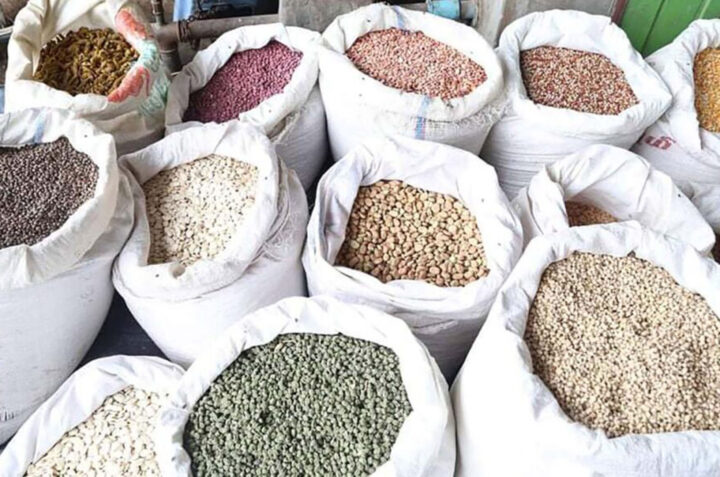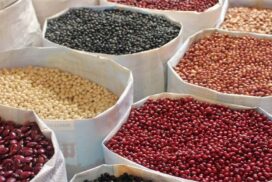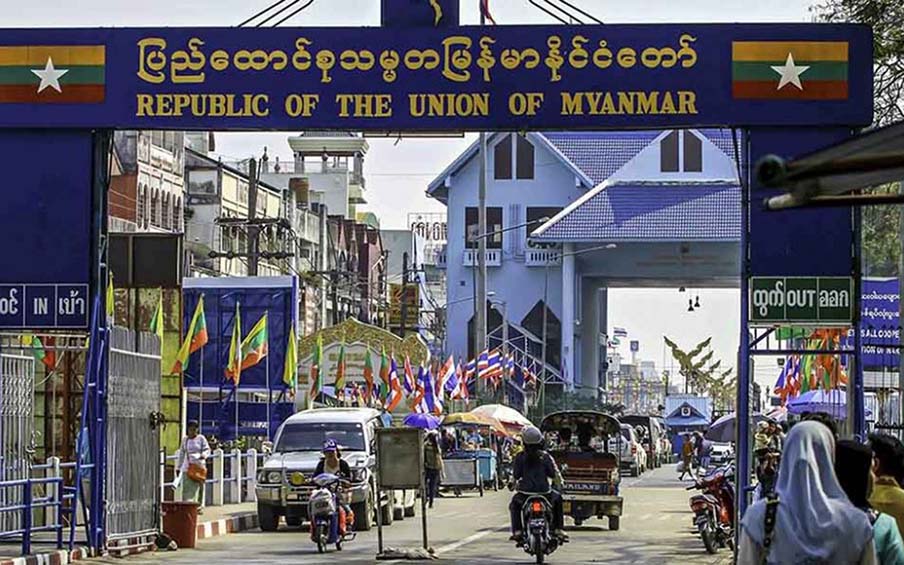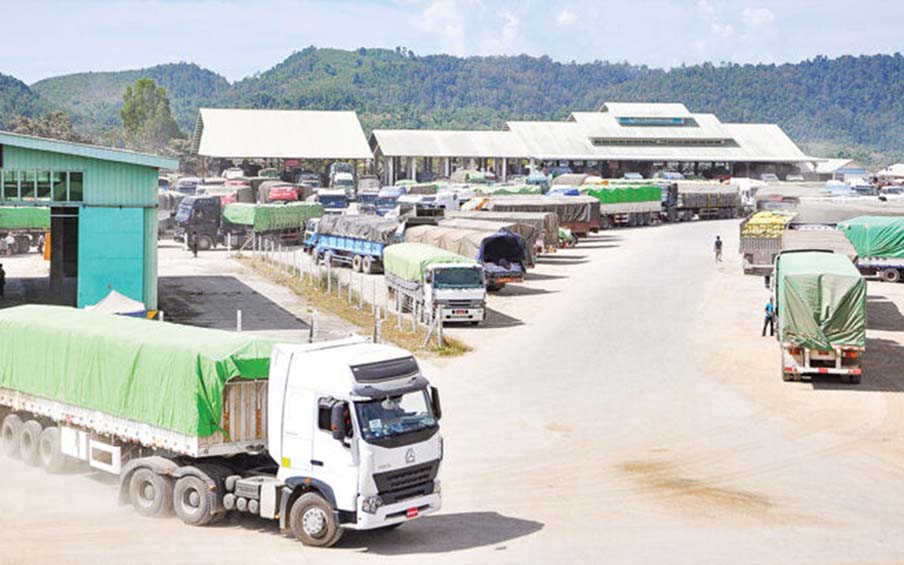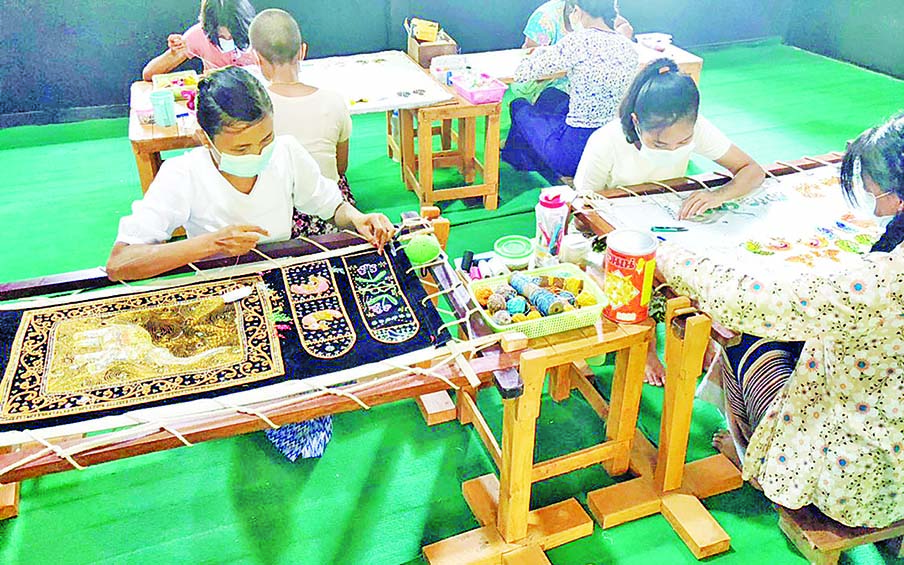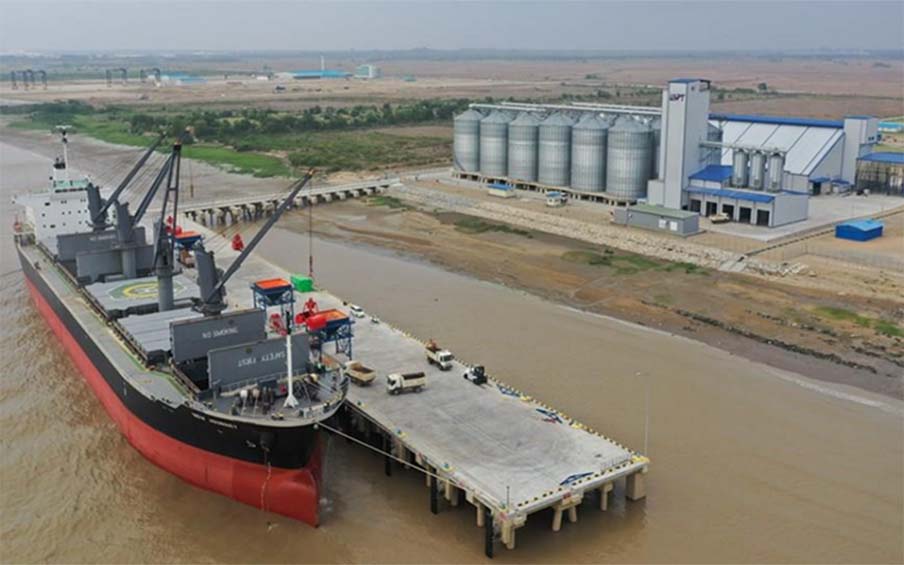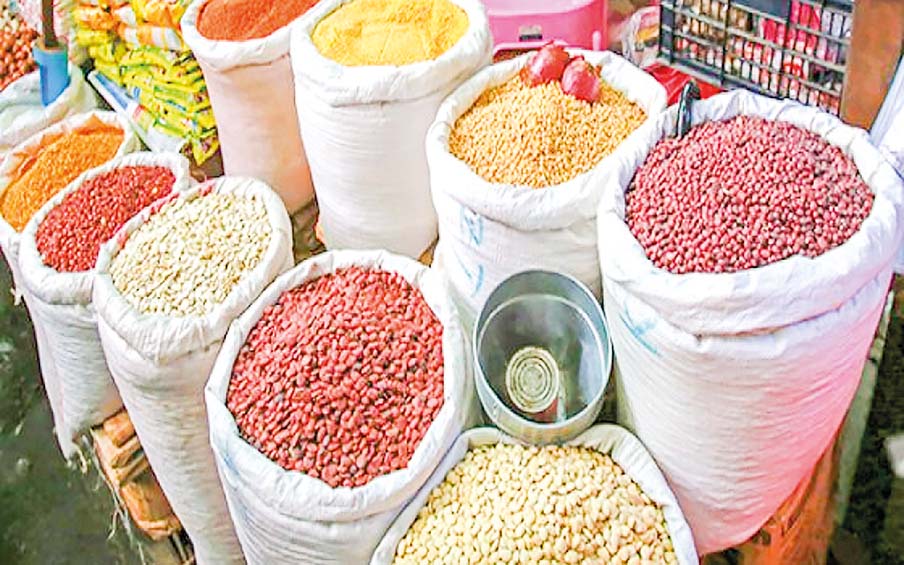More than 1.759 tonnes of various pulses and beans were exported to foreign markets between 1 October and 30 July of the current financial year 2020-2021, with an estimated value of US$1.357 billion, the Commerce Ministry’s data indicated.
During the past ten months, the country shipped $760.7 million worth 982,276 tonnes of pulses and beans to foreign markets through the sea route, and $597.28 million valued at 777,631 tonnes were sent to the neighbouring countries through the land borders.
India is the main buyer of Myanmar beans, especially black beans, green grams and pigeon peas. Besides India, Myanmar’s beans are purchased by Bangladesh, Pakistan, Nepal, Dubai, Malaysia, Indonesia, China (Taipei), Japan, and European countries. But, the volume of demand by those countries is small, according to the domestic beans market.
Following the policy change of India’s pulses import, the prices of black gram and pigeon peas have risen in the domestic market, according to the traders from Bayintnaung Commodity Wholesale Centre.
At present, black beans touched a high of K1.34 million per tonne. Similarly, the price of pigeon peas is relatively high at K1.33 million per tonne. The price rise is attributed to the relaxation of the bean import quota by India.
India set an import quota on beans including black gram and pigeon peas starting from 2017. Myanmar earlier had to export black bean and pigeon peas under the quota system and limit period.
On 15 May 2021, India’s Ministry of Agriculture and Farmers Welfare approved not only black gram but also other pulses being imported from Myanmar that have a bill of lading up to October-end 2021, with relaxations of conditions regarding clearance consignment up to 30 November 2021.
According to this statement, the previous notifications dated 19 March 2021 and 26 March 2021 were cancelled.
Additionally, Myanmar can export 250,000 tonnes of black gram (urad) and 100,000 tonnes of pigeon peas under the G to G (government to government) pact during the April-March period between the 2021-2022 financial year and the 2025-2026FY, as per the Memorandum of Understanding between the Ministry of Commerce and India’s counterpart signed on 18 June.
At present, the demand for green gram slips due to border trade restrictions amid the COVID-19, with an estimated value of around K100,000 per three-basket bag.
Myanmar’s agriculture sector is the backbone of the country’s economy and it contributes to over 30 per cent of Gross Domestic Products. The country primarily cultivates paddy, corn, cotton, sugarcane, various pulses and beans. Its second-largest production is pulses and beans, counting for 33 per cent of agro products and covering 20 per cent of growing acres. Among them, black beans, pigeon peas and green grams constitute 72 per cent of bean acreage. Other beans including peanut, chickpea, soybean, black-eyed beans, butter bean and rice bean are also grown in the country. – Mon Mon/GNLM
Over 1.75 mln tonnes of various pulses shipped in ten months (Oct-July)
- August 24, 2021
- 1006
